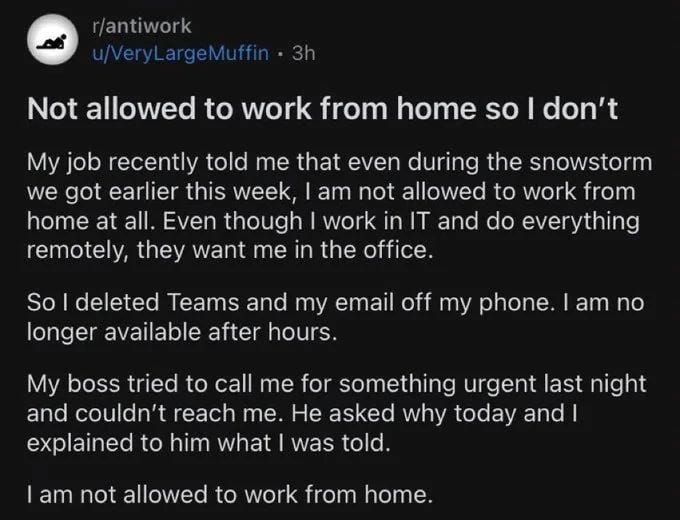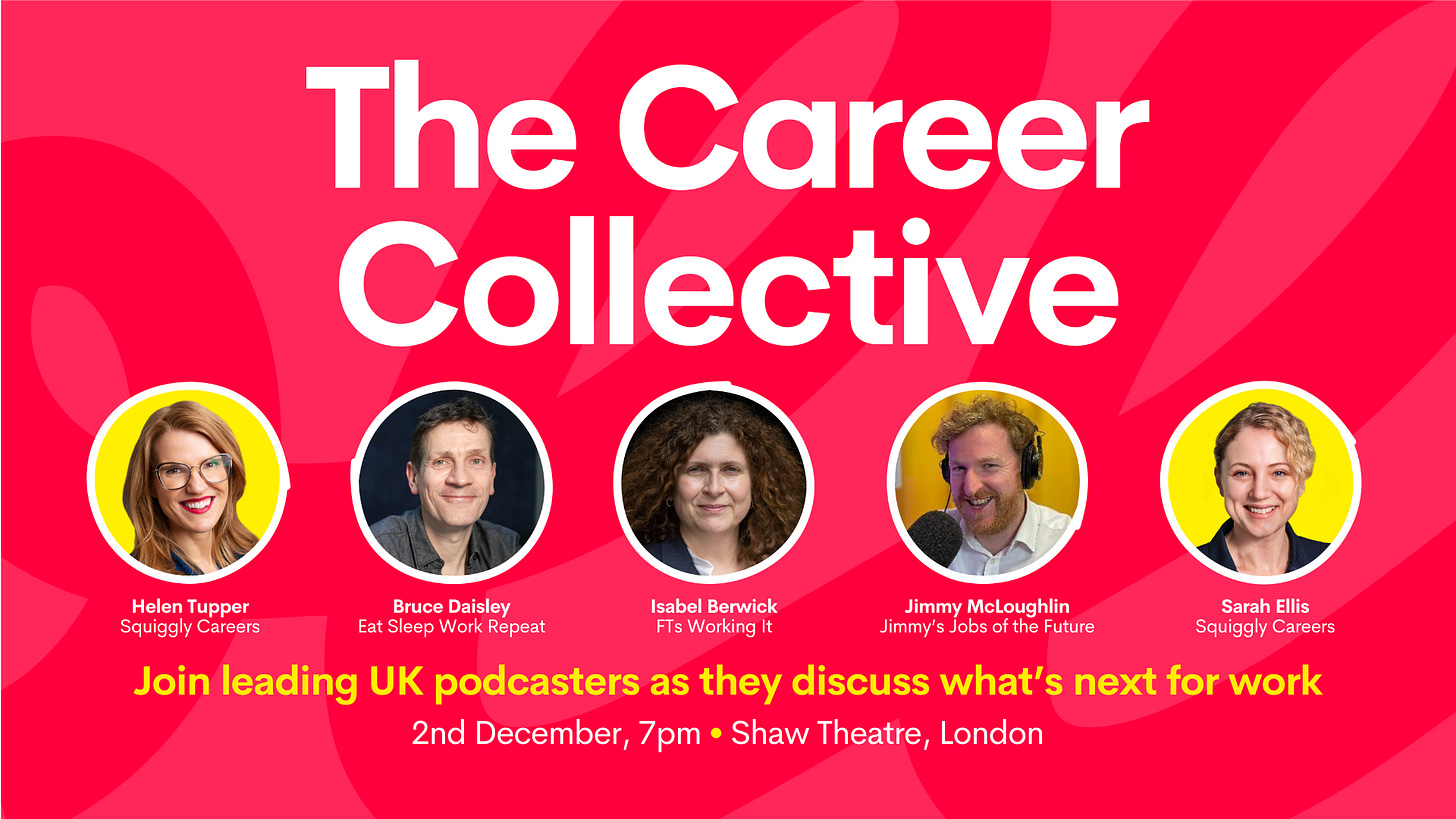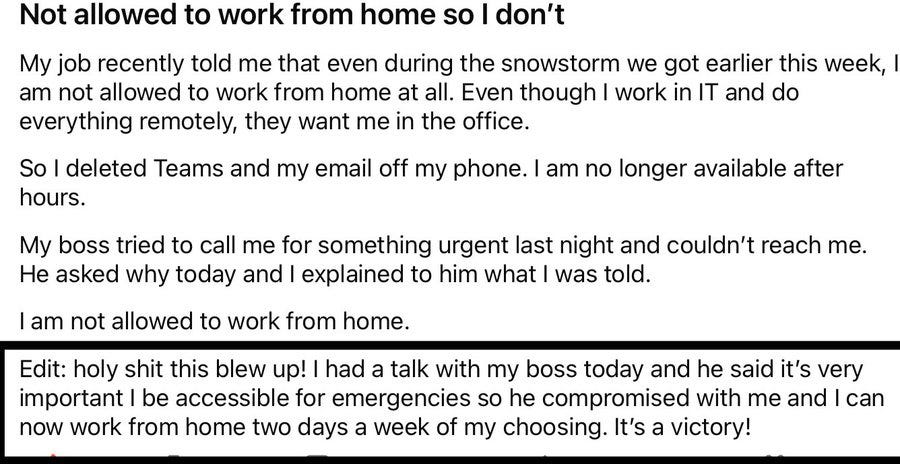‘We’re nonetheless lonely at work,’ declared an excellent article in Harvard Enterprise Overview this week. This can be a recurrent theme of discourse this yr – this Wall Avenue Journal ‘The Loneliness of the American Employee’ is important studying and transcends the US nature of the headline. (The author additionally posted it as a thread on Twitter, which can be value testing). Gallup’s newest report means that round a fifth of staff really feel lonely at work, different information means that over 40% of staff say they don’t have a single buddy of their office.
The HBR article units about researching the situation – and seeing how they’ll clear up it. 1000 staff had been categorised by their stage of loneliness (extremely lonely, reasonably lonely and minimally lonely) which led to some early revelations:
Fable #1: ‘Loneliness may be solved with in-person work’ – because the authors say ‘to villainise distant work because the wrongdoer for loneliness is to overlook the nuances of the issue’. Whereas totally distant staff had been essentially the most lonely, they discovered that whether or not somebody works two days or 5 days within the workplace made no distinction to their stage of loneliness.
Fable #2: ‘Groups will clear up loneliness’. Simply the actual fact of being on a group didn’t resolve loneliness: ‘The truth is, being on a group could make them really feel even lonelier when the closeness they anticipate their group to supply doesn’t come to move’.
Fable #3: ‘Lonely workers are needier than others’ – it isn’t unusual for the state of affairs of staff to be ascribed to their perceived failings within the eyes of bosses. (Generational blame is particularly frequent).
Most lonely staff really feel that there’s little finished to encourage connection at their office, ceaselessly citing the dearth of time given to forging connections with one another. Whereas the authors consider the best organisations really ‘design slack into the workflow’. That is strongly in line with each the work of Zeynep Ton on creating good jobs and the phrases of Professor Robert Putnam that I quoted a couple of weeks in the past. One of many largest boundaries to forming connections was typically cited as being brief staffed, once more one thing that Zeynep Ton has described as ‘ruinous’.
The most effective organisations not solely lined the hygiene elements of being totally staffed and having slack within the system, but in addition cultivated ‘a tradition of connection’.
The significance of slack in creating the circumstances for social connection is significant One worker working flat out instructed the writers, ‘our surroundings and the quantity of labor we’ve got doesn’t enable us to rise up and interact with one another. We’re continuously harassed.’
An adjoining article printed final month in Dazed & Confused took this work depth and utilized it to our social lives. The typical particular person has 5 shut mates of their lives, a quantity that has been constant for many years, however is now spending three hours every week with them, moderately than six hours a decade in the past.
The issues that contributed to those connective cultures diverse from the straightforward and low-cost (group drinks hours, devoting assembly time to social chat or taking time to eat lunch collectively), to actions that required a little bit extra funds (networking applications, peer relationship-building, worker useful resource teams, and group offsites). ‘In combination, the [less lonely workers] reported having 31% extra organisation-sponsored social alternatives than the extremely lonely group’. The important thing lesson is to not complicate this stuff, the three choices that proved hottest with all staff had been: ‘free communal lunches, conferences that commit time to non-public chitchat, and glad hours’.
Not each initiative must be in particular person. One employee from a medical insurance firm described how their group:
‘…began to implement (digital) conferences the place everybody’s voice is heard. You’re known as upon in case you’d prefer to share the way you’re feeling concerning the job itself or your private life. Everybody actually feels heard and essential.’
Nonetheless ?
The position of humour at work
How office rituals can construct tradition
☝️This can be a scientifically observable impact after all, strive the Pygmalion Impact by yourself group members…
Reside occasion information: On Monday 2nd December I am becoming a member of forces with podcasting icons Sarah Ellis, Helen Tupper, Isabel Berwick and Jimmy McLoughlin for ‘The Profession Collective’. We’ll be speaking work, careers and all issues jobs associated.
The entire proceeds from the occasion will probably be cut up between two sensible charities: Beam (utilizing tech to assist the left behind) and upReach (serving to to ship social mobility).
Tickets are £40 however there’s an early chook value of £30 in case you use code seeyouthere and e book by 1st November 2024.







